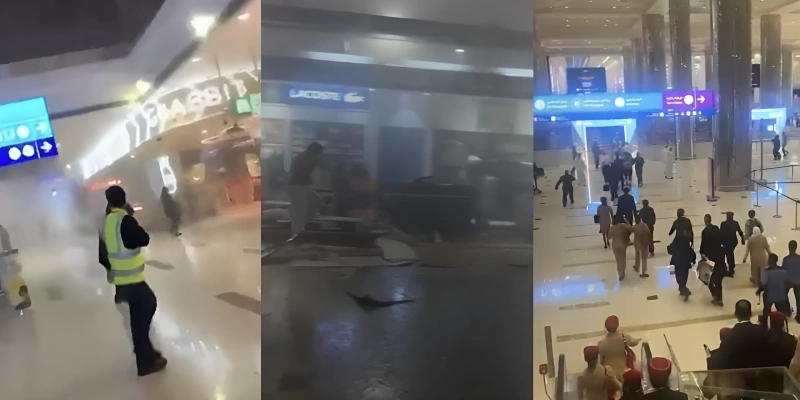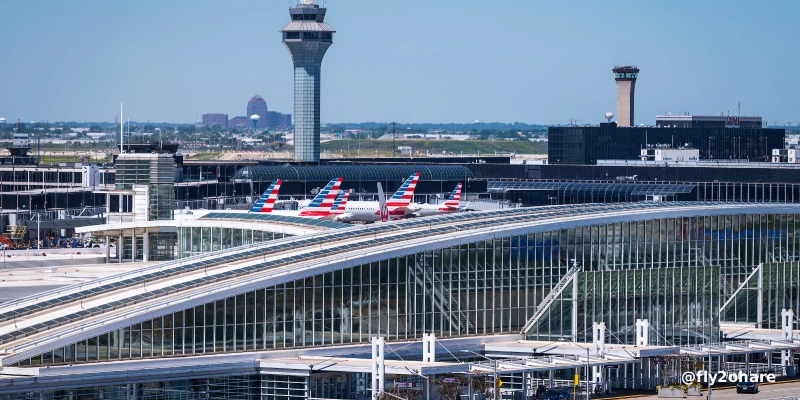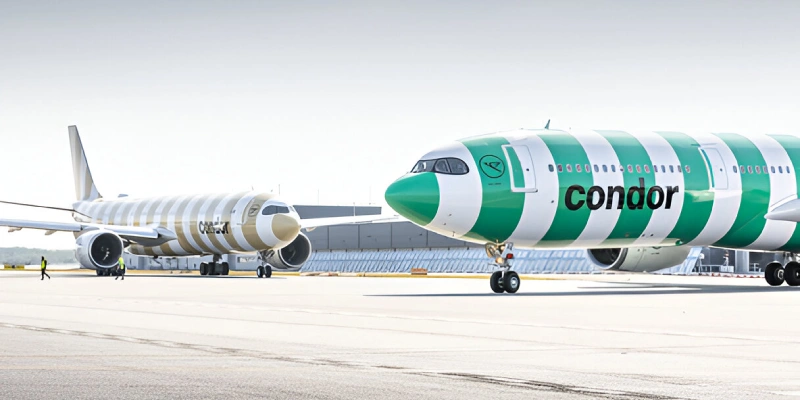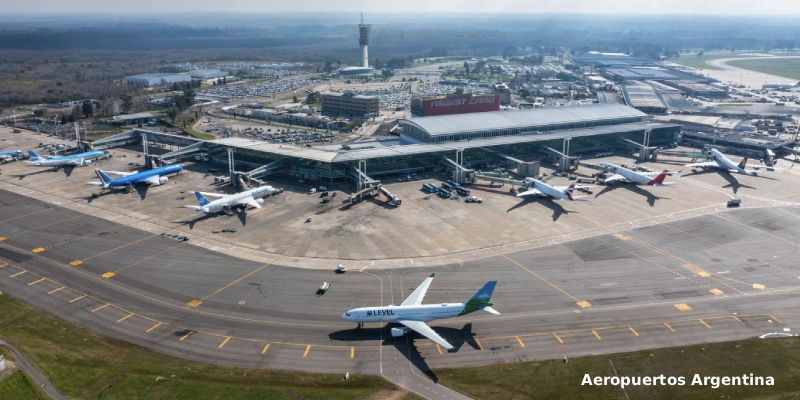The European Union has launched an ambitious plan to accelerate the adoption of sustainable aviation fuels (SAF). According to Reuters calculations based on European Commission data, the EU will provide subsidies for airlines to purchase over 200 million liters of SAF, representing approximately 15% of global production of such fuel.
Climate Investment with Immediate Impact
The volume of SAF included in the program is significant compared to last year’s total global production, which reached 1.3 billion liters, as reported by the International Air Transport Association (IATA). This measure could mark a turning point in the energy transition of the aviation sector, one of the hardest to decarbonize.
Strategic Subsidies: Up to €6 per Liter
To bridge the cost gap between conventional kerosene and SAF, the European Union will use revenue from the sale of 20 million carbon emission permits. These funds will enable subsidies of up to €6 per liter for e-fuels (synthetic fuels produced from captured CO₂) and up to €0.5 per liter for biofuels. In total, these subsidies could support the purchase of up to 216 million liters of e-fuels or 2.6 billion liters of biofuels.
→ IATA Forecasts Sustainable Aviation Fuel (SAF) Production to double in 2025
The Challenge of a Sector with Low Sustainability Investments
Despite the EU’s goals, airlines have warned that meeting the imposed targets will be extremely challenging. Currently, SAF accounts for just 0.3% of the global aviation fuel supply, and its cost is three to five times higher than that of traditional fossil fuels. A recent report by the Boston Consulting Group revealed that the sector allocates only 1% to 3% of its revenues or budgets to investments in sustainable fuels.
Ambitious Targets on the European Horizon
Brussels mandates that 2% of the fuel available at EU airports in 2025 must be SAF, a figure that will rise to 6% by 2030. This is compounded by the tightening of the emissions trading scheme: airlines, which until last year received most permits for free, must now purchase them in full, increasing pressure to reduce operational emissions.
A Costly but Inevitable Transition
While zero-emission aircraft will not be available before 2030, sustainable fuels offer an immediate solution to reduce the environmental impact of air transport. The EU’s subsidy strategy aims precisely to close the gap between the current cost of SAF and its widespread adoption, accelerating a transformation the planet can no longer delay.
Related Topics
Middle East Airport Crisis: Infrastructure Attacks, Massive Operational Disruption, and Thousands of Travelers Stranded
FAA Proposes Flight Reductions at Chicago O’Hare to Avert Summer Operational Collapse
Condor to Move Operations to Frankfurt Airport’s New Terminal 3 in 2027
Argentina: Ezeiza Airport Launches Investment Plan Exceeding US$100 Million to Expand Operational and Logistical Capacity

Plataforma Informativa de Aviación Comercial con 13 años de trayectoria.




